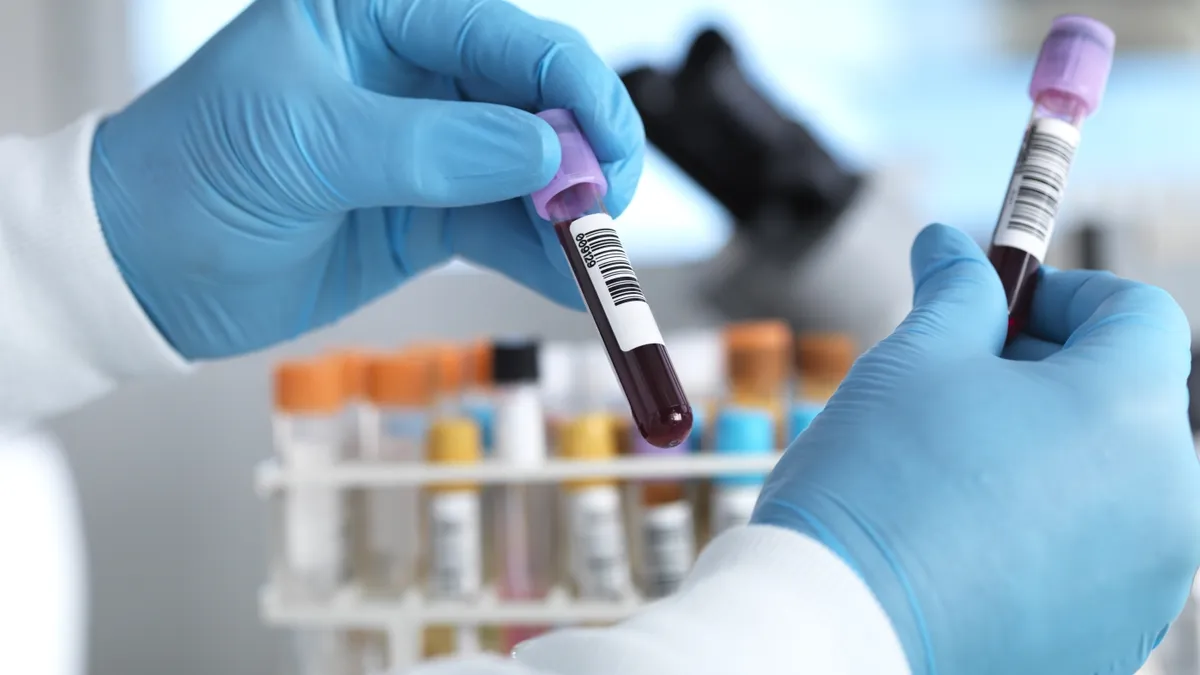
A recent national survey indicates that older Americans are increasingly interested in learning about their cognitive health, particularly regarding Alzheimer's disease. Conducted by the Alzheimer’s Association, the survey involved 1,700 participants aged 45 and older and revealed a significant willingness to undergo testing to determine whether they are in the early stages of this debilitating condition.
According to the report, more than 7 million people in the United States are currently living with Alzheimer's. The survey's findings highlight a proactive attitude among respondents toward testing, diagnosis, and treatment. Here are some essential insights from the survey:
79% of respondents expressed a desire to know if they had Alzheimer's before it started affecting their daily activities. 80% stated they would request a test from their doctor rather than waiting for a test to be offered. 91% indicated they would prefer a blood biomarker test or other simple testing methods if available, despite many being unaware that some blood tests can already indicate the presence of amyloid plaques, a hallmark of Alzheimer's. 92% stated they would likely want to take medication that could slow the disease's progression if diagnosed. 58% said they would consider taking an Alzheimer’s drug even with moderate or high risks of side effects. 83% expressed openness to participating in clinical trials for new treatments. 81% are optimistic that effective treatments to halt the progression of Alzheimer's will emerge within the next decade. 44% voiced concerns about insurance coverage for treatment and care if diagnosed.The responses from the survey indicate a significant shift in public perception regarding Alzheimer's. Elizabeth Edgerly, a clinical psychologist and director of community programs for the Alzheimer's Association, notes that individuals are becoming less fearful and more proactive in seeking a diagnosis. In the past, many expressed reluctance to know their cognitive status, but advancements in testing have made the process less intimidating.
Previously, confirming the presence of amyloid plaques required invasive procedures like a PET scan or a spinal tap. Now, a simple blood test can often provide crucial information, making the prospect of testing more appealing. Additionally, the recent availability of drug treatments for early-stage Alzheimer's gives individuals a compelling reason to seek a diagnosis while they are still capable of making informed decisions about their health.
Dr. Nathaniel Chin, a geriatrician at the University of Wisconsin, emphasizes that the introduction of new drug treatments has fostered optimism among those living with Alzheimer's. He notes that, even if these treatments do not halt the disease entirely, they signify progress in understanding and managing the condition. Patients are eager to know if they might benefit from current or future therapies, reflecting a growing desire to understand their health status.
Despite the enthusiasm for testing, many healthcare professionals remain cautious about the benefits of early diagnosis. Some argue that existing medications offer only marginal benefits, which may lead to disparities between patient expectations and medical advice. Dr. Chin acknowledges that patients are often ahead of their doctors in seeking information about their cognitive health.
As blood tests become more common in clinical settings, there are concerns about the implications of positive test results. Many healthcare providers may not be adequately trained to counsel individuals who have just received an Alzheimer's diagnosis. Additionally, a positive test result could jeopardize employment or health insurance, raising ethical considerations surrounding cognitive testing.
The survey results reflect a significant change in how older Americans perceive Alzheimer's disease and their willingness to take proactive steps toward understanding their cognitive health. As testing becomes more accessible and treatments emerge, it is crucial for healthcare providers to address the accompanying challenges and ensure that patients receive the support they need when navigating their diagnosis.